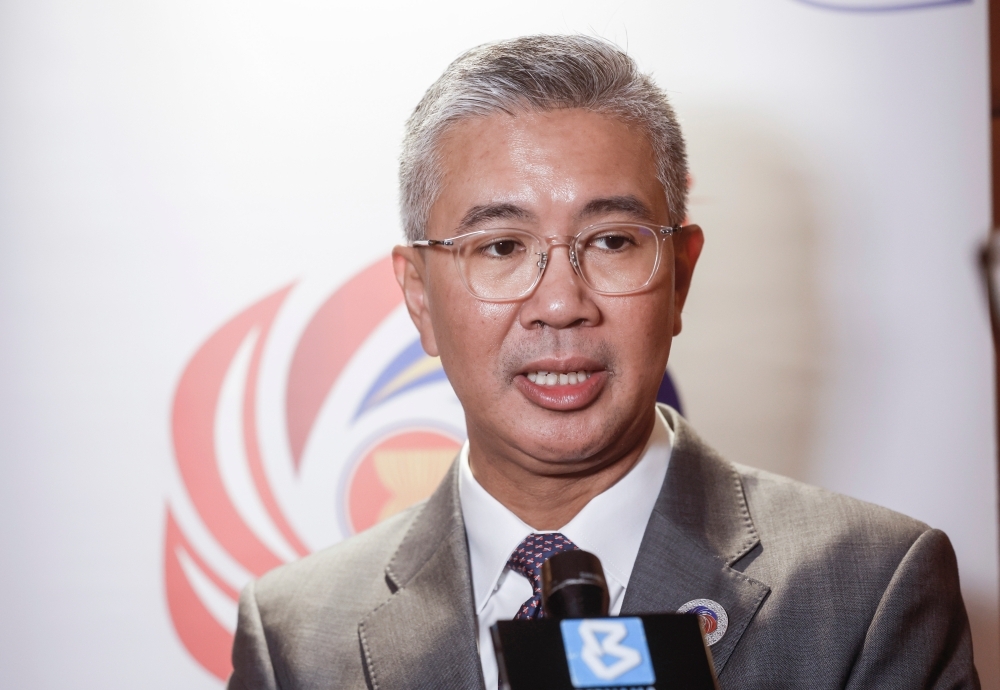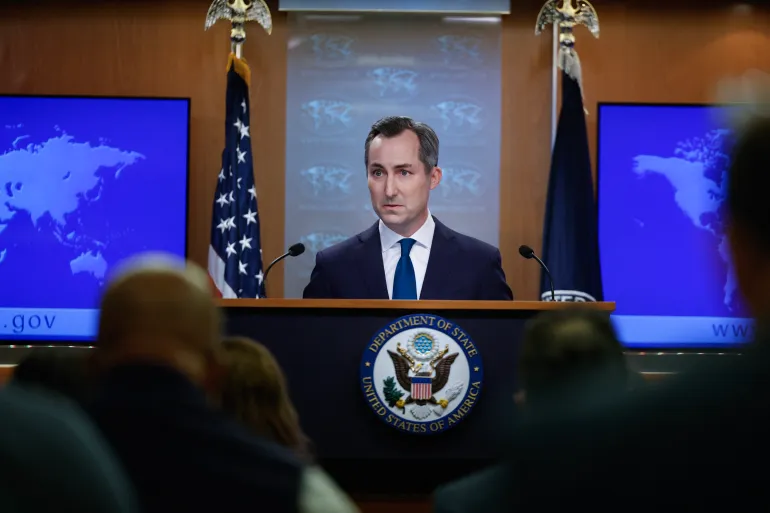Malaysia and the Gulf Cooperation Council (GCC) have officially launched negotiations for a Free Trade Agreement (FTA) aimed at enhancing economic ties, increasing exports, and reducing trade barriers between Southeast Asia’s third-largest economy and the oil-rich Middle Eastern bloc.
The announcement was made on Sunday, May 26, in Kuala Lumpur, where Malaysia’s Minister of Investment, Trade and Industry, Tengku Datuk Seri Zafrul Abdul Aziz, met with GCC Secretary-General Jasem Mohamed Albudaiwi to formally kick off the negotiations. Both sides emphasized the strategic importance of strengthening trade flows and expanding investment opportunities in key sectors.
“This is a milestone moment,” Tengku Zafrul said during a joint press conference. “An FTA with the GCC will significantly enhance Malaysia’s access to high-value markets and help diversify our export base amid growing global economic uncertainty.”
The Gulf Cooperation Council comprises Saudi Arabia, the United Arab Emirates, Qatar, Bahrain, Kuwait, and Oman—a bloc with a combined GDP of over US$2 trillion and an increasingly diversified economic agenda. Malaysia views the region as a vital trade and investment partner, especially in areas such as energy, halal food, Islamic finance, construction, and technology.
According to government data, total trade between Malaysia and the GCC reached RM86.66 billion (approximately US$18.3 billion) in 2023, with Malaysia posting a trade surplus. The new agreement aims to build on this by eliminating tariffs, streamlining customs procedures, and easing restrictions on services and investment.
Officials said the negotiations will be comprehensive and cover a wide range of sectors including agriculture, manufacturing, digital economy, logistics, and tourism. The FTA is also expected to address non-tariff barriers and promote cooperation in sustainable development and green technology—areas of growing mutual interest.
GCC Secretary-General Albudaiwi hailed the talks as “a critical step toward deepening economic cooperation between our regions,” highlighting Malaysia’s role as a gateway to ASEAN and its leadership in the halal economy and Islamic finance.
Malaysia has been pursuing a proactive trade agenda in recent years, seeking to forge stronger ties beyond traditional partners. The country is already part of several major multilateral trade deals, including the Regional Comprehensive Economic Partnership (RCEP) and the Comprehensive and Progressive Agreement for Trans-Pacific Partnership (CPTPP).
This new initiative with the GCC is seen as part of a broader strategy to position Malaysia as a trade hub linking East and West, particularly at a time when global supply chains are being reshaped by geopolitical shifts, technological disruption, and sustainability demands.
Analysts say a successful FTA could give Malaysia a competitive edge over regional peers such as Indonesia and Thailand in securing market share in the Gulf. At the same time, GCC countries are increasingly looking to diversify their economies away from oil by investing in sectors like infrastructure, education, tourism, and digitalization, where Malaysia has strong expertise and export capacity.
The launch of the talks has been welcomed by Malaysia’s business community. The Federation of Malaysian Manufacturers (FMM) issued a statement supporting the negotiations and urging the government to consult closely with industry stakeholders to ensure that the final agreement reflects business needs and safeguards domestic interests.
However, trade experts caution that negotiations could be complex and drawn out, given differences in regulatory systems, standards, and political priorities. “There’s a lot of potential here, but also a need for patience and persistence,” said Dr. Lee Heng Guie, an economist with the Socio-Economic Research Centre.
The first round of formal negotiations is expected to take place later this year, with working groups being formed to address sector-specific issues and legal frameworks. Both sides expressed optimism about achieving tangible progress in 2025.
As the world becomes increasingly fragmented along geopolitical lines, Malaysia’s move to deepen ties with the GCC through a dedicated FTA highlights its commitment to open trade, economic diversification, and strategic engagement with emerging markets that share its developmental vision.
Source: Malay Mail



